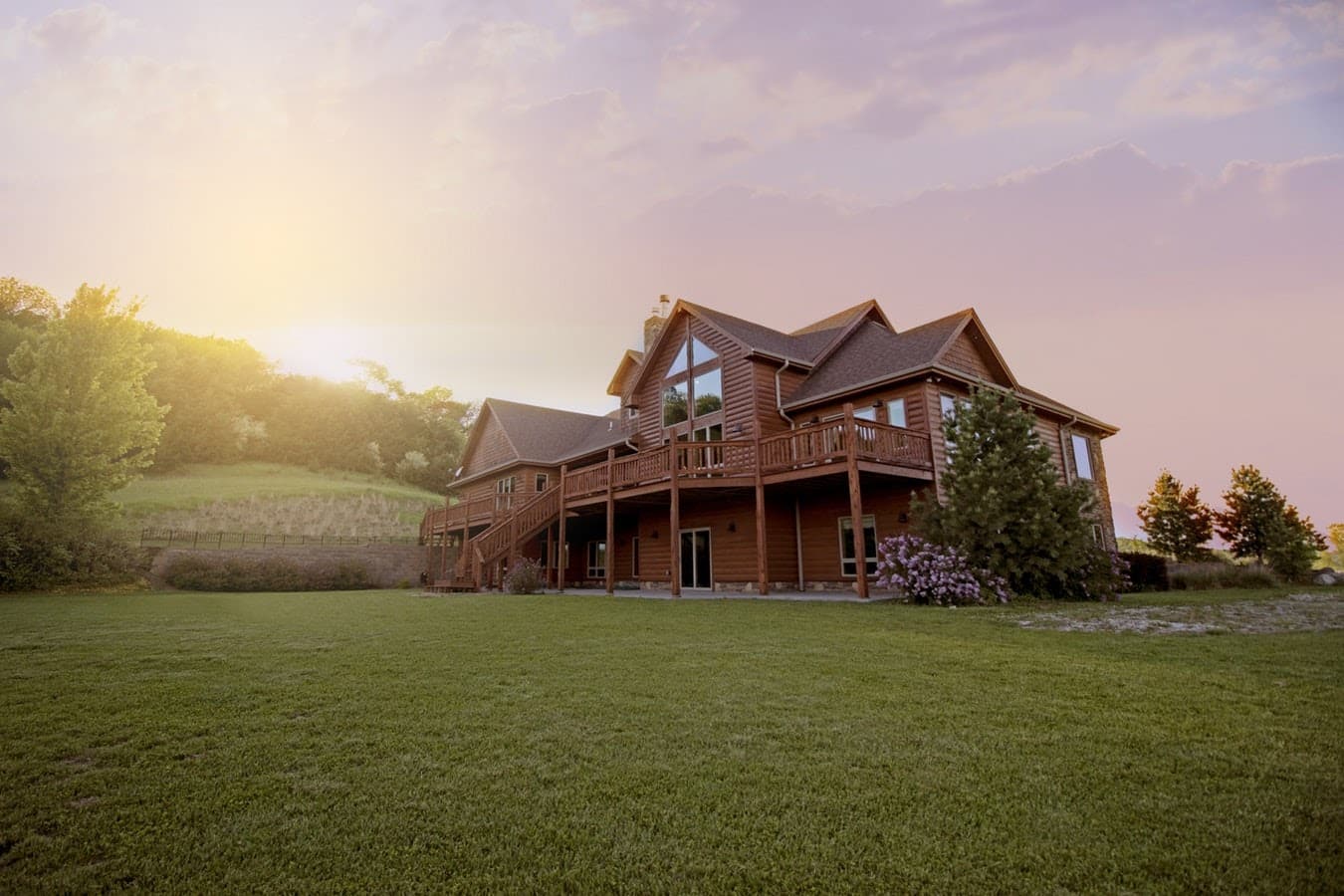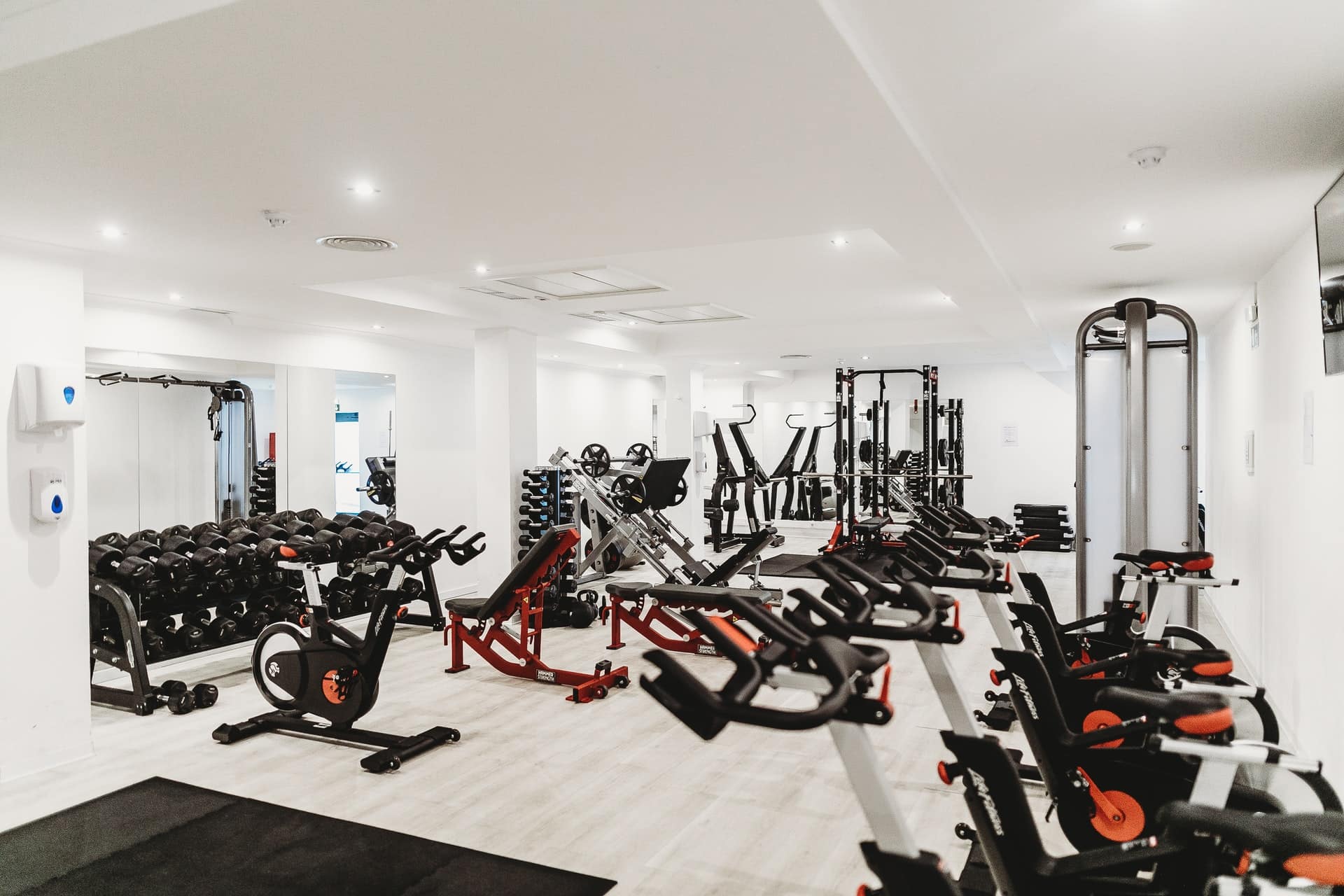
6 Ways To Improve Your Home’s Energy Efficiency

While coronavirus may be the talk of the town at the moment, climate change hasn’t gone away.
With sea levels continuously on the rise, atmospheric carbon dioxide at its highest level for 800,000 years and plastic in the oceans at an unprecedented high, it can be all too easy to get sidetracked at this time and forget how important it is to combat climate change.
Every one of us needs to play our part in sustaining the planet; adapt our individual ways of life to lower our own carbon footprints. With this in mind, there’s no better place to start than in your very own home.
Using the tips we have outlined for you below, we will not only help improve your home’s energy efficiency and eco-friendliness but also ensure you do your bit to combat climate change.
1. Think About Your Heating
While the vast majority of UK households still rely on gas or electric heating to heat their homes, there a number of equally effective alternatives.
Investing in a highly efficient fireplace, for instance, can heat your home up instantly, meaning you won’t need to rely on your central heating system or thermostat to power your home. Gas fireplaces, in particular, are said to be the most efficient, offering approximately 80% efficiency.
Renewable energy solutions, like solar panels, heat pumps and biomass heating systems have all grown in popularity in recent years, each using a natural resource to generate energy.
While they may be expensive to install initially, over the long run, these types of renewable energy solutions can make a real difference to your home’s overall carbon footprint.
2. Insulate
The better your house is at retaining heat, the more energy-efficient it will be. And how do you retain heat? Through effective insulation of course!
Go around your home and identify any small gaps you find – whether it be in the loft, basement, windows or doors.
Then, block off any you find and feel the difference this will make towards your home’s heat retention. Not only should you see a significant change in your energy efficiency, but your heating bills as well.
3. Change Your Laundry Routine
The washing machine and tumble dryer are two of the biggest energy users you can own. So, if you’re looking to make a real difference to your home’s energy expenditure, change up your laundry routine.
When it comes to washing your clothes, make sure to use ‘cold’ or ‘eco’ mode settings when you can.
If you can’t avoid using the tumble dryer, try to clean its filter regularly and invest in a set of wool dryer balls. This will help speed up its drying time, ensuring you won’t need to leave it running for hours on end. If you are able, hang your clothes to let them dry naturally.
4. Upgrade Your Lighting
One of the quickest and easiest ways to make your home more energy-efficient comes through simply replacing your light bulbs.
While old-fashioned light bulbs may be cheaper to buy initially, they also waste nearly all of the energy they use as heat, meaning you actually end up spending more in the long run.
To make things easier for yourself, keep an eye out for energy-efficient lightbulbs with a score of A+++ and a low-wattage output; the higher the wattage the bulb has, the more it will cost you to operate.
Natural lighting can also help you save a significant amount of money and reduce your dependence on electricity, at least during daytime hours.
5. Invest In A Smart Meter
Smart meters are a great way of keeping on top of how much energy you’re using.
In a similar way to how you might track your workout, smart meters work by continuously analyzing the amount of gas and electricity your home is using. In doing so, you can pinpoint which of your appliances are costing you the most in terms of energy expenditure, then set up ways to combat your home’s energy inefficiency.
6. Replace Your Old Appliances
Talking of identifying high-energy use appliances, old appliances like fridges, boilers, ovens and freezers can, over time, become complete energy drains. Therefore, why not think about replacing them with newer more energy-efficient alternatives?
While they may be a little expensive to purchase and install, the savings they can offer will make it an economically and environmentally viable decision over the long run. You should even consider second-hand appliances with an Energy Star rating. This way you are saving yourself money and giving perfect good appliances a new life.
5 Comments
-
Happy Hiller
Thanks for sharing such helpful content! I see you’ve mentioned attic, windows, and doors insulation – that’s great. But you didn’t say anything about pipes insulation. But this could help reduce heat loss by 25 to 45%!
-
ESCO
Thank you for sharing! I find this very helpful. By the way, to reduce energy consumption, you should also unplug all the electrical appliances in your home whenever you are not using them. After all, plugged chargers and electrical appliances account for 37% of the energy consumed. It’s too much to keep ignoring it.
-
512 Refrigeration
Good article! Thank you. And as for the old appliances, not only do they consume more energy but also emit gases harmful to nature and humans. It is especially true of refrigeration equipment.
-
Polestar
Great tips! I would also suggest lowering the temperature in your house to minimize energy consumption. Even reducing the thermostat temperature by 1°C could save you £40 a year, and I bet you wouldn’t even notice.



Portella
Thanks for posting these valuable tips! I always open the curtains for the day so that the sunlight warms the room 🙂 By the way, there is an opinion that sunlight makes people more productive and raises their spirits.